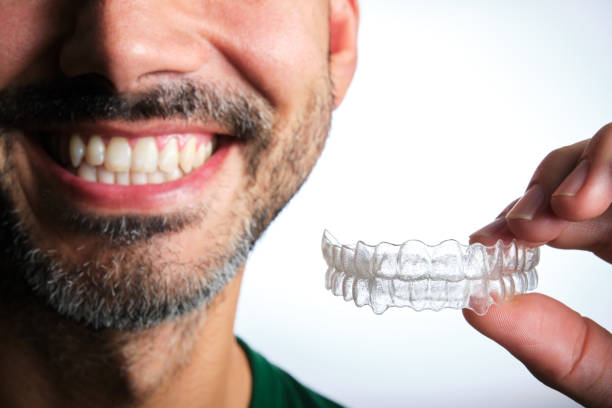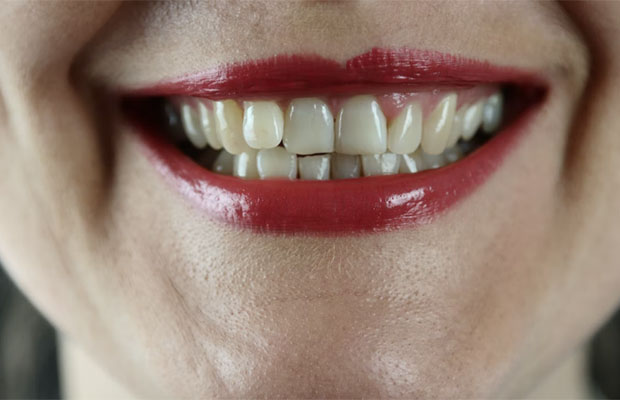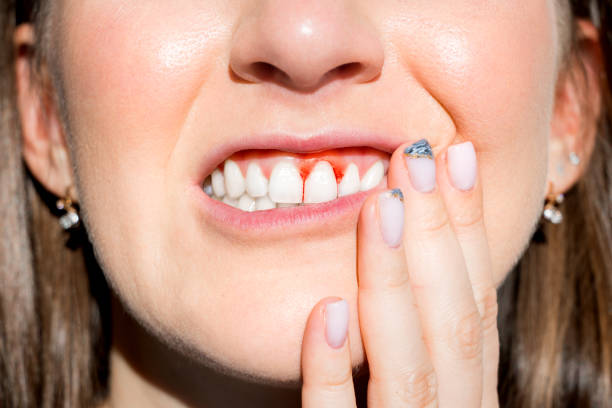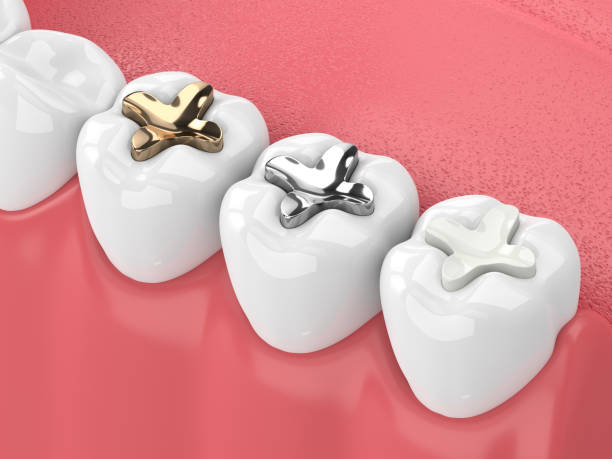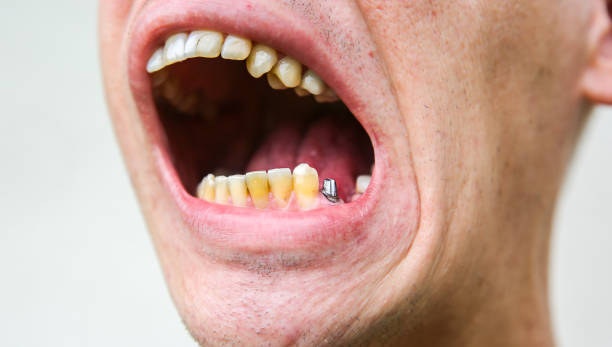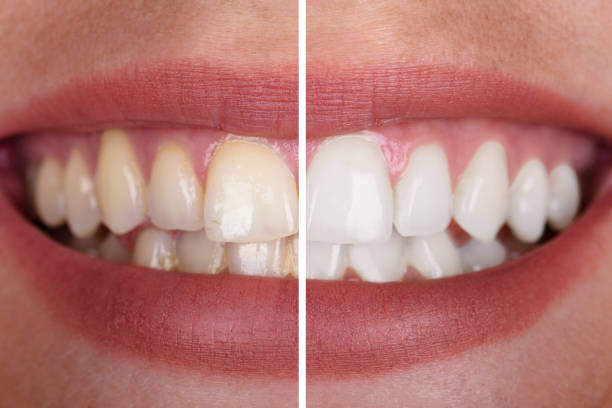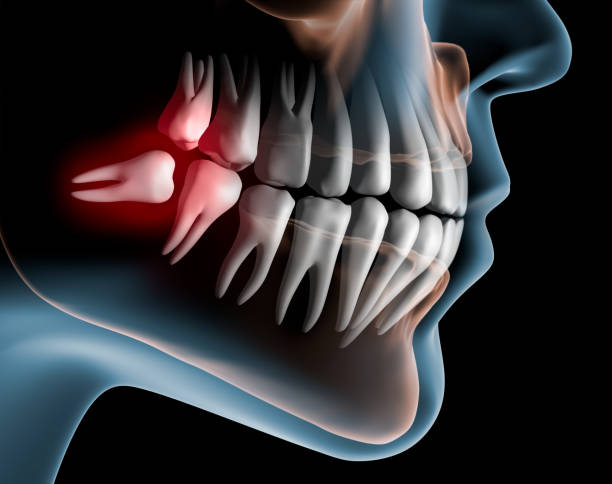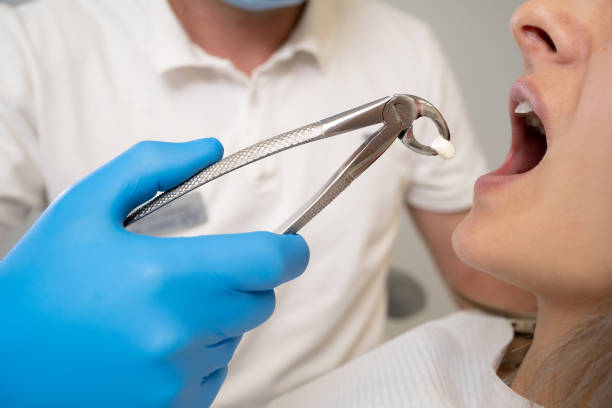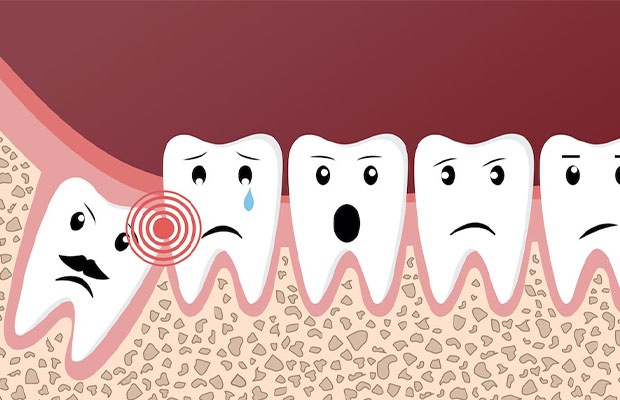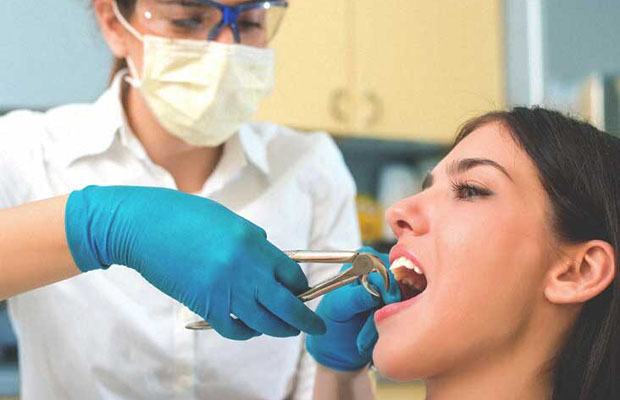The final set of teeth to erupt during young adulthood, wisdom teeth are frequently painful and problematic.
Can wisdom teeth cause headaches? It’s possible that your wisdom teeth are the cause of your recent onset of enigmatic headaches if you’re an older teen or young adult. The emergence of your wisdom teeth can result in headaches, which is a fairly common problem.
Continue reading to find out why and how to treat wisdom tooth pain.
Table of Contents
Emerging Wisdom Teeth
Usually, your wisdom teeth erupt between the ages of 17 and 25. They are the third set of molars in your mouth, and they are situated at the back. Typically, each person has two top wisdom teeth and two bottom wisdom teeth.
The American Dental Association (ADA) claims that about five years after your second set of molars erupts, your wisdom teeth start to erupt through the gum line and move through your jawbone. Headaches are among the possible side effects of this movement.
Related Reading: First Signs of Wisdom Teeth Coming In
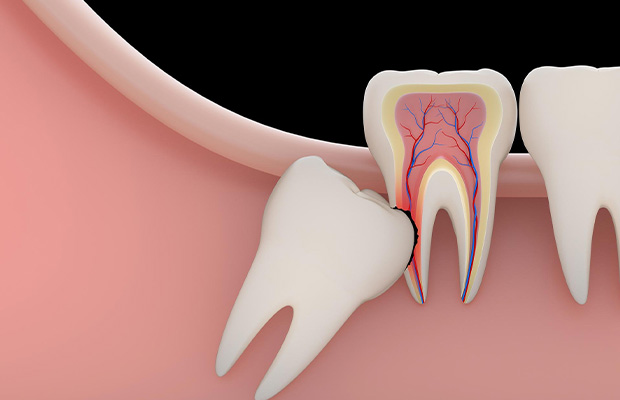
How Can Wisdom Teeth Cause Headaches?
While the precise cause is unknown, it is thought that wisdom teeth can cause headaches by pressing on the jaw’s nerves. The tightening of the jaw muscles brought on by wisdom teeth can also result in tension headaches.
It is crucial to consult your dentist or oral surgeon if you are suffering from headaches and have wisdom teeth. They can determine if your headaches are caused by your wisdom teeth and suggest the best course of action.
Types Of Headaches That May Be Caused By Impacted Wisdom Teeth
Numerous patients claim to experience various types of head pain, which can be brought on by impacted wisdom teeth.
Daily Throbbing Headaches
If you haven’t had your wisdom teeth removed and you can see other wisdom teeth beginning to break through your gums, it’s possible that your wisdom teeth are the reason you have headaches every day. Jaw pain can accompany daily headaches, which are frequently dull and throbbing.
Severe Migraines
A wisdom tooth that is impacted is one that is moving sideways into another tooth, which can be extremely painful and give you a headache. You should visit a dentist if you think your wisdom teeth are coming in and you are having migraines.
Other Problems Related To Wisdom Teeth
According to the Mayo Clinic, impacted wisdom teeth can also cause other problems resulting in pain and headaches, such as:
- Tooth decay. The risk of decay seems to be higher for partially impacted wisdom teeth than it is for your other teeth.
- Cysts. A sac in your jawbone is where your wisdom teeth erupt. Your jawbone, nerves, and teeth could be harmed if the sac develops into a cyst and fills with fluid.
- Gum disease. It can be challenging to clean a partially erupted impacted wisdom tooth. This may increase your risk of developing pericoronitis, an inflammation of the gums that can be painful.
- damage to the teeth next to it. The second molar may be damaged or become more susceptible to infection if an impacted wisdom tooth pushes against it.
How To Tell If Wisdom Teeth Are The Cause Of Your Headache?
In addition to headaches, there are other signs and symptoms that are directly related to an impacted wisdom tooth. You should visit a dentist for a mouth x-ray if you experience any of the following signs and symptoms in addition to headaches. Symptoms include things such as:
- Bad breath that does not go away with brushing
- Jaw pain or soreness
- A dull, throbbing sensation in your back teeth
- Pain when opening your mouth wide
- Swelling in your gums
- Difficulty swallowing
It is crucial to visit a dentist to rule out any other potential causes of these symptoms since they can also be brought on by other dental issues.
Your dentist might advise having your wisdom teeth extracted, depending on the severity of your symptoms. The best course of action to take to treat headaches and other side effects brought on by impacted wisdom teeth is frequently this.
Should I Worry About Wisdom Teeth?
If you have serious headaches that won’t go away, you may want to be on the lookout for some other symptoms that may indicate your wisdom teeth are “impacted.”
This indicates that they are not properly and fully erupting. The wisdom teeth could be stuck in the jaw, pushing against the other molars, or emerging at an angle.
You might require tooth extractions if your wisdom teeth are impacted in order to protect your oral health. Here are a few signs that you may want to come to Carmel Mountain Dental Care for an oral health evaluation:
- Pain in the rear of your mouth – Pain in the back of your mouth that is severe and lasts for a long time is abnormal and may be a sign that your wisdom teeth are impacted or infected.
- Jaw stiffness and soreness – Your jaw may feel tense and painful if your wisdom teeth are impacted or infected. Your jaw may be difficult to move and open fully in some situations.
- Swollen, discolored gums – Bacterial buildup can cause gum discoloration close to your wisdom teeth. In addition to swelling and changing color from pink to dark or reddish as bacteria accumulate, gums also tend to become inflamed.
- Bad breath (halitosis) – Bad breath can also result from bacterial overgrowth in the mouth. Since it’s practically impossible to properly clean them while brushing, this is particularly typical with impacted wisdom teeth.
Related Reading: Do You Have to Get Your Wisdom Teeth Removed?
Home Remedies For Pain And Headaches Caused By Wisdom Teeth
Here are some natural remedies that might help if you have gum pain or headaches related to wisdom teeth that are coming in or getting stuck.
Rinse With Salt Water
Pain from newly-emerging teeth is frequently treated with warm water and salt rinses. ResearchTrusted Source has shown that rinsing with sodium chloride (the scientific name for salt) and warm water can promote healthy gums and kill bacteria.
For your wisdom teeth to erupt, it is especially important to keep your mouth clean. Wisdom teeth can cause gum disease when they break through your gums, and the area is difficult to keep clean.
The daily practice of good oral hygiene will help keep your mouth clean and bacteria-free in addition to warm water and salt rinses. Included in this are brushing twice daily and at least once daily flossing.
Take An Aspirin
Even for headaches brought on by wisdom teeth, aspirin is a tried-and-true treatment. A 2015 study showed that aspirin is effective at dulling dental pain. Avoid exceeding the recommended dose and adhere to label instructions.
Apply Hot And Cold Therapy
Try hot and cold therapy as well. While heat pads can relax tense muscles and enhance blood flow to the area, applying an ice pack to your cheeks can help reduce pain, inflammation, and swelling. These advantages can lessen or prevent headache pain.
Final Words
When your wisdom teeth are coming in through your jawbone and poking through your gum line, they can be uncomfortable and even give you headaches.
Preventative care and long-term relief are two of the various treatment options for wisdom tooth pain. By maintaining good oral hygiene, you can avoid developing an infection before your wisdom teeth erupt.
Not everyone needs to have their wisdom teeth extracted, even though this is the usual course of action for impacted teeth. The ADA advises that all teenagers and young adults have their wisdom teeth checked and monitored.
Read More: What to Eat After Wisdom Teeth Removal?

